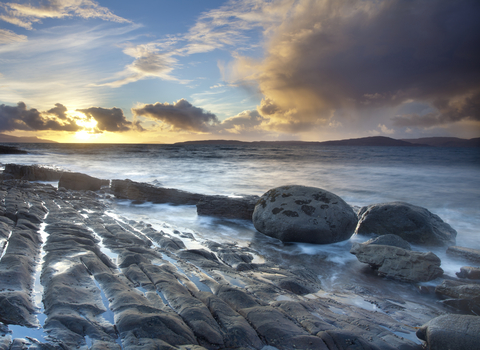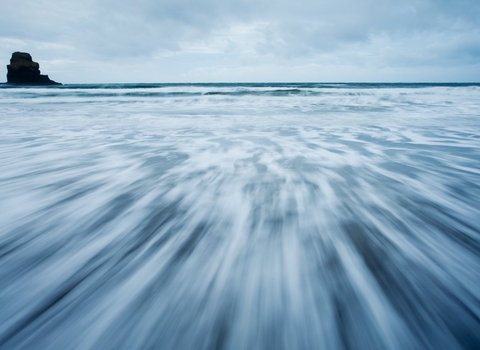Variegated scallop ©Emily Baxter
Variegated scallop
The shells of this small scallop are often found washed up on our shores and comes in lots of different colours, including pink, red, orange and purple.!
Variegated scallop ©Emily Baxter

Mark Hamblin/2020VISION
Memberships help us campaign for better protection and management of our seas.
Receive our monthly newsletter packed with marine conservation news from around the world!

Mark Hamblin/2020VISION
Plastic-strewn beaches, fisheries on the verge of collapse and the ever growing effects of global climate change.